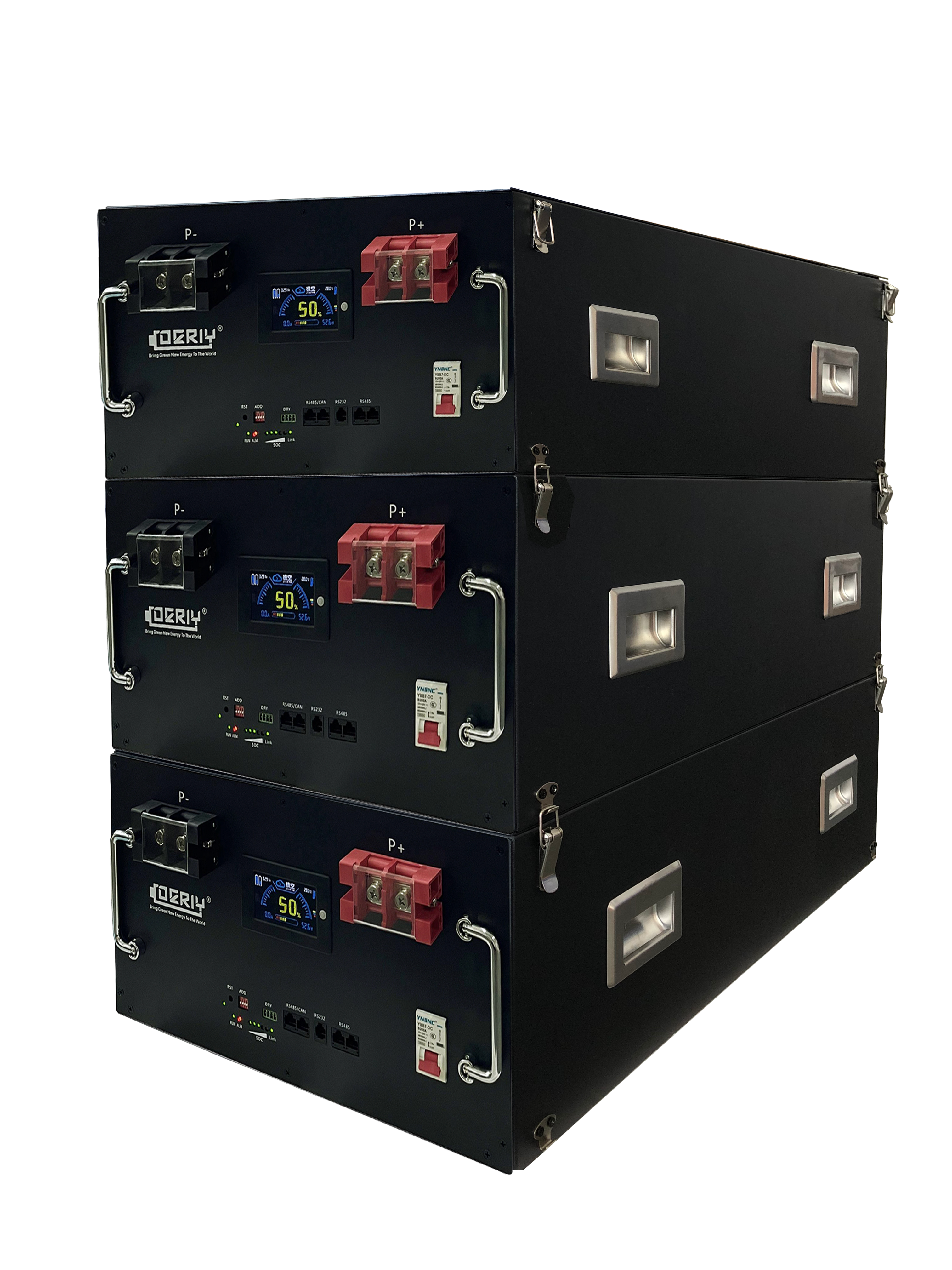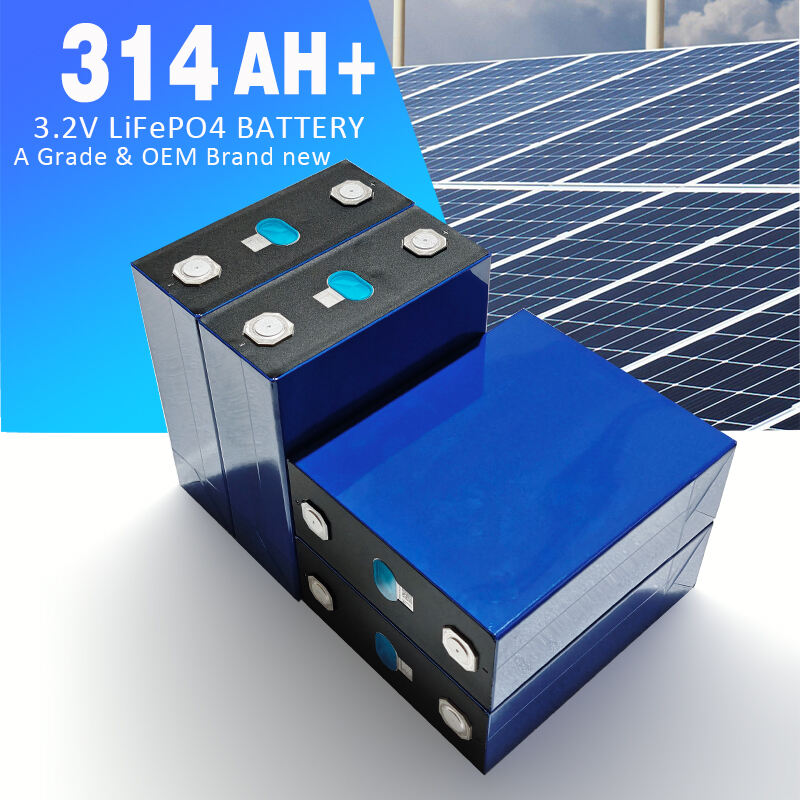
The practicality offered by Lithium-Ion batteries (Li-ion) enables their use in consumer electronics like tablets, smartphones, and laptops. Not only do these devices maximize energy use, but they also allow for prolonged usage. Electric vehicles rely on Li-ion batteries for convenient transportation. Li-ion batteries also balance supply and demand in grid-scale energy storage. Additionally, these batteries require customized management software, charging systems, and battery packs in order to optimize their performance and lifetime.
